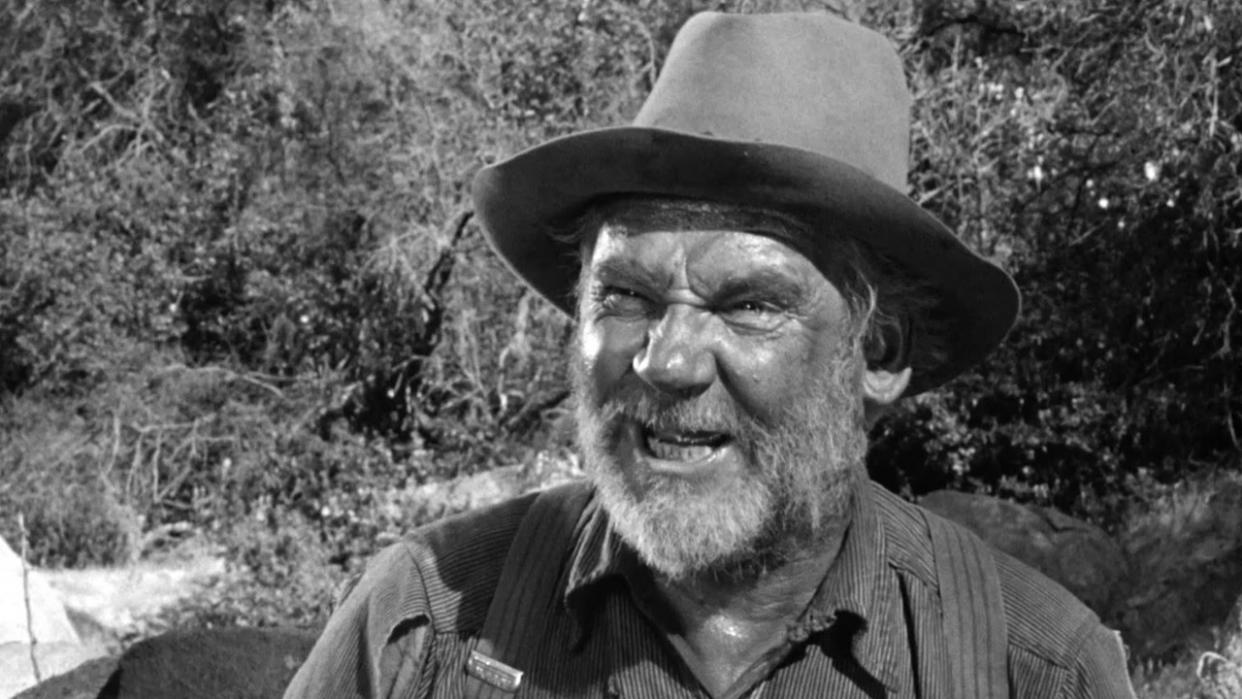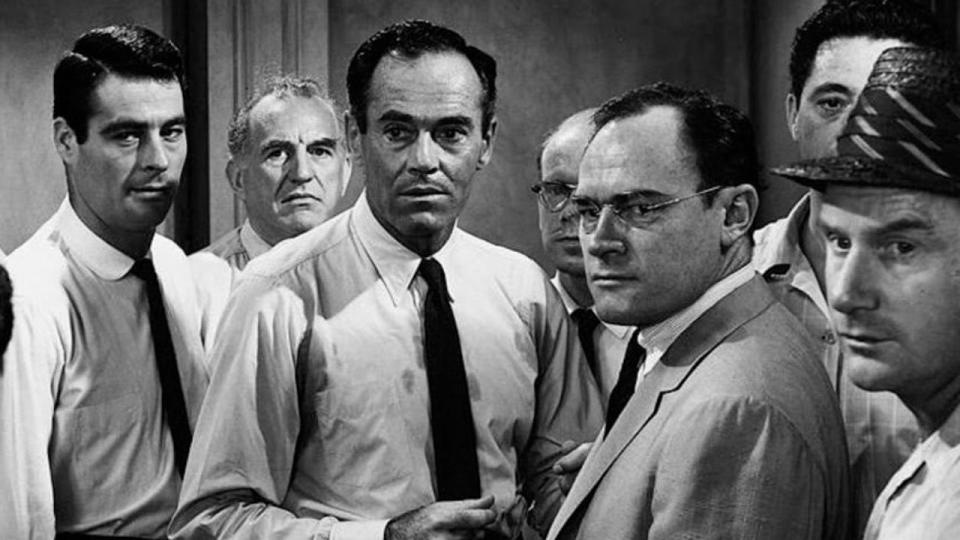5 Classic Movies You'll Love, Even If Black And White Films Aren't Normally Your Thing

I want to talk to you about my friend, Shawn. You see, Shawn loves movies. But, there’s a catch. He refuses to watch any black and white movies. Yeah, no kidding. His idea of “classic movies” consists of flicks from the ‘90s like City Slickers, and The Fugitive.
Look, I can’t entirely blame him. Most black and white films look ancient, and Shawn doesn’t want to watch ancient movies. He’d much rather watch stuff like the Jurassic Park movie streaming, or even movies from the ‘80s that he grew up with (some of which are actually kind of terrible, to be honest). But, give him movies from before he was born, and he’ll balk. Especially if they’re black and white. He won’t even bother watching those.
Or at least, that’s what I initially thought. I took a gamble and tried these five films on him, and he liked every last one of them. So, what are these movies that my black-and-white-adverse friend enjoyed? Well, you’re about to find out.

12 Angry Men (1957)
After hearing the closing arguments to a case where the accused appears to be guilty – which would amount to a death sentence – 11 jurors are willing to throw the book at him. But, one juror, played by Henry Fonda, starts to poke holes in the potential verdict. One by one, he begins to turn the tide in the other jurors’ convictions, and it all amounts to one of the most thrilling legal dramas ever put to film.
Sidney Lumet’s directorial debut, 12 Angry Men, is proof that some directors just make a great movie on their very first try. Fonda’s towering performance is the one that will stick with you, but all of the actors - especially the hot-headed performance by Lee J. Cobb - are full of personality. Hell, it’s such a great movie that you even start to feel like you’re one of the jurors yourself, as the evidence is stacked so heavily against the accused.
By the end of it, Fonda’s juror leads you to a decision. As for my friend Shawn, his decision was that black and white movies might not be all that bad. Especially when they’re as engaging and thought-provoking as this. The movie will make you want to do jury duty.

All About Eve (1950)
Directed by Joseph L. Mankiewicz (who is the younger brother to Citizen Kane co-writer, Herman J. Mankiewicz), and starring Anne Baxter, Bette Davis, George Sanders, and a blink-and-you’ll-miss-it appearance by Marilyn Monroe, All About Eve is all about fame and desire. Eve (Baxter) is “discovered” by a Broadway star named Margo Channing (Davis), who is willing to help Eve reach her dreams, only to find out that Eve isn’t what she appears to be, as she really does make everything all about herself.
Sure, I love recent Best Picture winner Everything Everywhere All At Once, but for my money, All About Eve is still the greatest movie to ever win Best Picture. It just has it all. From the very first shot, you’re hooked, and the story is still relevant today given the lengths that people will go to just to be famous.
My friend wasn’t really on board with it at first, because it seemed so out of his interest range, but he changed his mind when he watched George Sanders’ performance, and how could he not, as Sanders won an Academy Award for his role in this film. It was well-deserved!

The Treasure Of The Sierra Madre (1948)
Directed by John Huston (who even directed his father, Walter Huston, to Academy Award gold in this movie), and starring Humphrey Bogart, Tim Holt, and many others, The Treasure of the Sierra Madre is all about greed, and what it does to people. Two down-on-their-luck wanderers go off with an old prospector (the aforementioned Walter Huston) in the search of gold, only to end up finding nothing but trouble along the way.
Film fans who might only be familiar with Bogart from Casablanca might be surprised to find him as such a rogue in this film. He’s the kind of guy who would toss water in a kid’s face (the kid in question being a very young Robert Blake), for being annoying, and the kind of dude you can see being willing to kill somebody if they dare to take his money. This one was easy to get my friend to watch because it’s one of Vince Gilligan’s favorite movies. Now, it’s one of my friend’s favorite movies, too. It’s just that good!

Double Indemnity (1944)
Directed by Billy Wilder, and starring Barbara Stanwyck, Fred MacMurray, and Edward G. Robinson, Double Indemnity is about an insurance salesman (MacMurray) who falls for a married woman (Stanwyck) and ends up plotting a murderous scheme to off her husband. But, since this is a film noir, things go careening off the tracks pretty quickly, and it all leads to one of my favorite endings in cinema history. Four words – “I love you, too.”
I was seriously considering putting Double Indemnity on my list of six old movies that don’t get talked about enough, but lots of people talk about this movie. It’s a landmark flick in the film noir genre. Stanwyck’s breathy performance guides the plot, but Robinson, who plays a grouchy claims adjuster who has a stomach for tracking down malfeasance, steals the show. By the end of the movie, you’ll be breathless, guaranteed.

M (1931)
Directed by Metropolis director Fritz Lang, and starring Peter Lorre as a serial killer of children (In 1931!), M is a harrowing and distressing movie that is basically one long manhunt for a guy that you would never want to live in the same neighborhood as your children.
Out of all of the films I showed my friend, M was the one that left the biggest impression on him. He was beyond surprised to find out that it was the oldest of the movies I showed him, and as somebody who loves police procedurals, he was riveted by the hunt of this clearly disturbed man. M is the kind of film that you clutch your armrest while watching, and it doesn’t even matter if it’s black and white when it’s this damn good.
And, that’s the list. Have you watched any of these movies? Do you intend to watch them? For more news on all things classic cinema, make sure to swing by here often!
